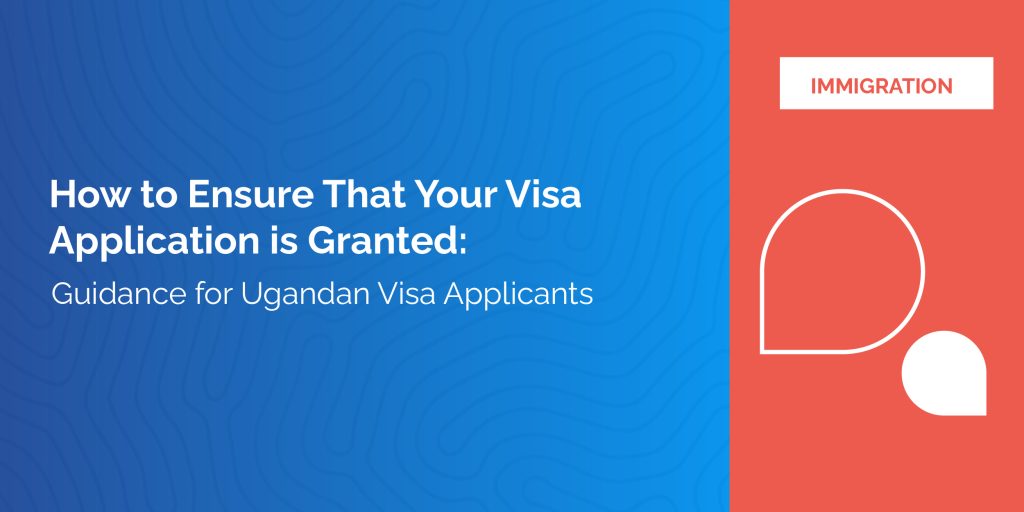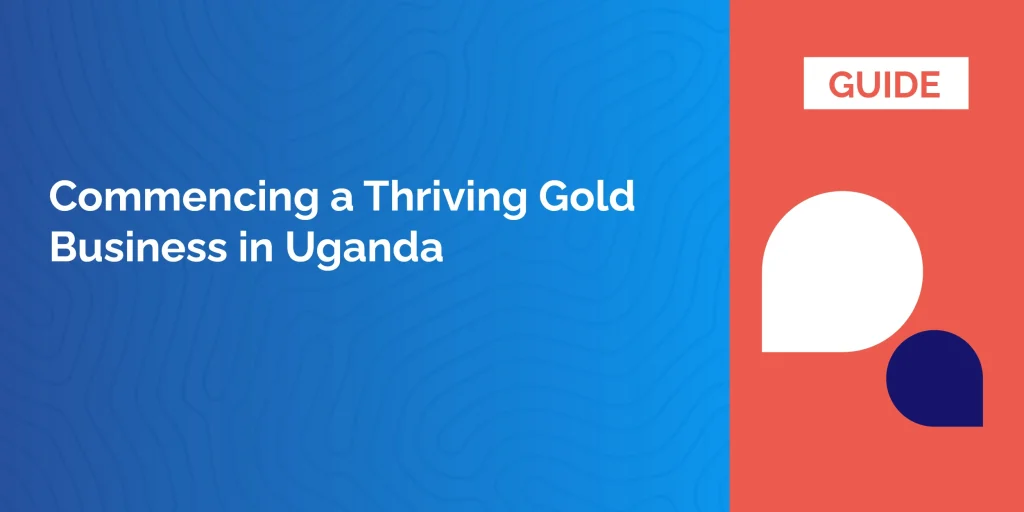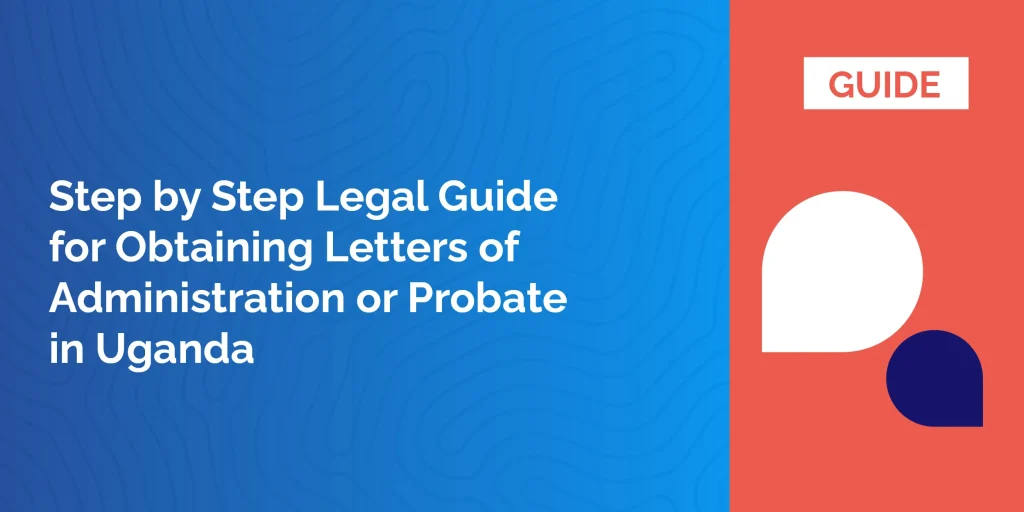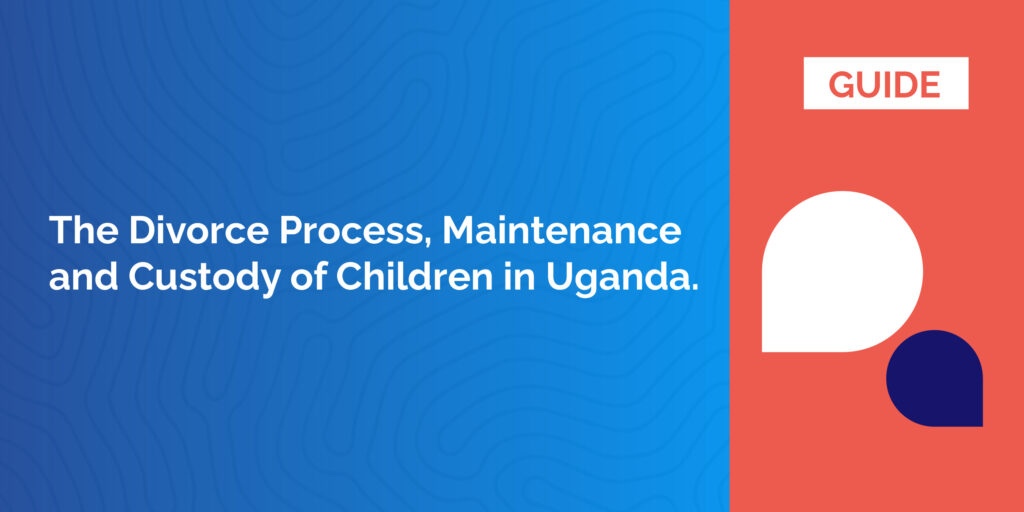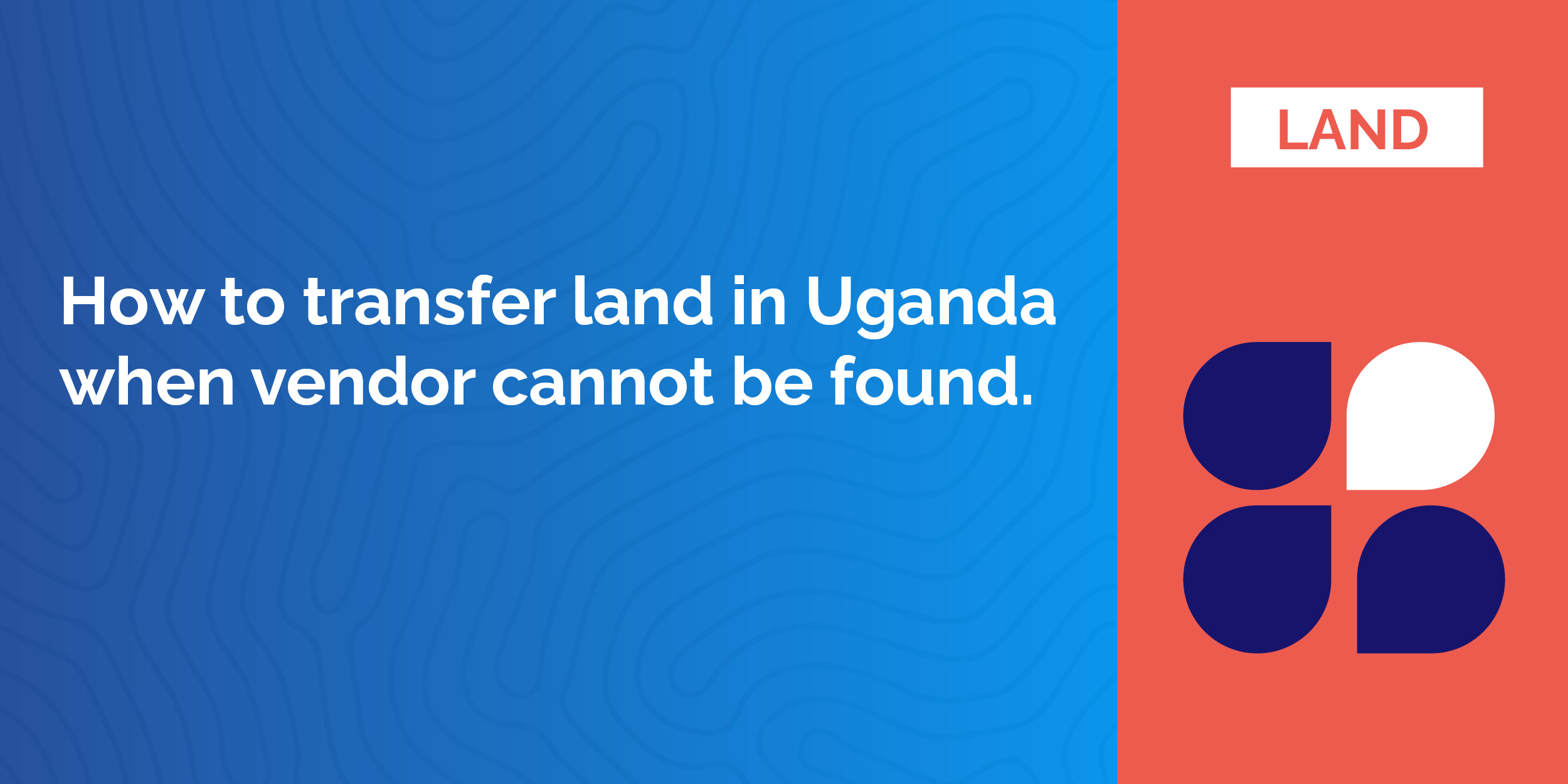Introduction
In 2024, we noted a sharp rise in the number of Ugandan applicants referred to us for assistance in preparation of appeals against visa denials for countries especially, Canada, USA, South Africa and the 29 Schengen Countries. The said Schengen countries include; Austria, Belgium, Bulgaria, Czechia, Denmark, Estonia, Finland, France, Germany, Greece, Hungry, Iceland, Italy, Latvia, Lithuania, Liechtenstein, Luxemburg, Malta, Norway, Netherlands, Poland, Portugal, Romenia, Slovakia, Spain, Sweden and Switzerland.
A visa application may be denied because a consular officer does not have all the information required to determine if the applicant is eligible to receive a visa, because the applicant does not qualify for the visa category applied for or because the information reviewed indicates that the applicant falls within the scope of one of the inadmissibility or ineligibility grounds of the law.
From our review of denied applications, we noted that many of them had been prepared without due regard to the diverse specific visa requirements for the specific countries where applicants intended to travel. We take stock of universal reasons that cause visa denials across the different countries immigrants seek to travel to.
2.0 Reasons why your visa application may be denied
Most embassies or consular centres upon completion of assessment for visa will either allow the visa and insert the same in the blank page in the applicant’s passport or deny the application in which case they will provide a reason for the denial. This is so because most immigration laws of countries require that if a decision in respect to the visa application will adversely affect the applicant, then a reason for the said decision must be provided to the applicant.
Most Countries clothe their Consular officers with the power under their laws to assess and grant or deny visa. Under Section 104(a) of the Immigration and Nationality Act of USA for example, the USA Consular officer is clothed with the sole authority to approve or deny visa application. This is also the case for Canada and many other countries.
The following are the key reasons we have discovered over the years that cause rejection of visa applications for many Ugandans seeking to travel abroad: –
- Failure to select the right visa category
Every Country has enlisted visa categories that applicants must study carefully to determine which one applies to them. These categories majorly include Migrant and non- migrant visa options. Migrant visas are for those intending to permanently reside in the destination Country where as non-migrant include temporary categories such as tourist, student, business and transit visas.
What is crucial is for one to carefully select that category that applies to them and for which they have proper documentation in support of their application.
- Failure to attach all the supporting documents
While applying for visa, applicants should commence the application after obtaining a checklist of all the documents that are required to support the visa category they have selected. The assumption should be that the consular officer will make a negative or positive decision based on the information attached to the application.
Some consular offices however, may exercise discretion and ask for more information to enable them arrive at a decision for specific categories of visas. This is especially common for migrant applicants seeking family reunion. If a spouse who is applying to join her husband/wife but does not attach documents attesting to the proof of marriage, the consular officer will in most cases call the applicant and request for the furnishing of the documents which appear to be missing on the file. When such documents are filed, the said visa will be granted but applicants must avoid being called upon to provide more information.
- Being found to fall under the inadmissibility or ineligibility grounds of the law.
An example is the applicant’s current and/or past actions, such as drug or criminal activities may make an applicant ineligible for visa. As a specific example, the USA Immigration and Nationality Act establishes the types of visas available for travel to the USA and what conditions must be met together with the visa ineligibilities.
It is therefore important to confirm that you are eligible before making the application and paying for the visa processing fees because ineligibility does not warrant refund of paid visa fees by any consular office.
- Insufficient ties with Home Country
For most visa types, you will be required to demonstrate that you have ties in your home country that will ensure your need to return to your home country once you have exhausted your permitted stay in the visiting country. If the embassy or Consular staff think that you may overstay your visa, they will refuse to grant it to you because then, your purpose will appear ingenuine.
Evidence of ties with home country can include among others Employment in your home country, having children and spouse in your home Country, Personal assets and Responsibilities such as membership on voluntary Boards and associations.
- Not following the Visa Guidelines
When it comes to visa application, the guiding rules must be followed strictly. Conduct your research on the visa process applicable to your country of destination. Missions of different countries have different processing times that vary according to several factors. As a result, the embassies require that you submit your application with sufficient time left for them to process the application in time for your expected date of travel. Submitting a late application compared to the Embassy’s recommended visa processing time left until your travel date is a recipe for your visa rejection.
- Mistakes in documents submitted
Many applicants submit documents which are not in the proper format, language and order. If you are submitting documents to an embassy that requires all documents to be in the English language, then provide a translation for the documents which are issued in your local language otherwise they will not be of any positive consequence to your application.
If the application requires all applicants to complete all areas of the form, then do the same and with correct information. When the Consular officers analyse your documents and discover that the information submitted is not correct then you will face a visa rejection.
3.0 Remedy to applicant whose visa has been rejected.
Many consular offices observe the requirement to indicate a reason for rejection and the timelines within which the applicant may exercise their right to appeal the decision. What the applicant must do is to study the rejection letter to understand the reason that caused the rejection to accordingly decide to either appeal or file a fresh application if not barred.
Should the applicant decide to appeal, great care must be given to the procedure that the applicable Consular office provides that regulates the said appeal.
Care must be taken when making the decision to either appeal or file a fresh application. If the reason for the rejection is due to failure to submit a specific document for example, some applicants choose to reapply instead of appealing which may take a much longer processing period.
4.0 Do Consular offices refund Visa fees after rejection?
All Consular offices require payment of visa fees including visa handling fees which are non-refundable. When visa is rejected however, most consular centres will allow the applicant to appeal without payment of extra visa fees.
5.0 Conclusion
The best way to have your visa application granted is to do it right the first time. This area is a specialised area that require technical assistance especially for first time travellers. We recommend that you work with a professional such as an immigration lawyer to help you navigate the processes and make your travel a seamless experience.
